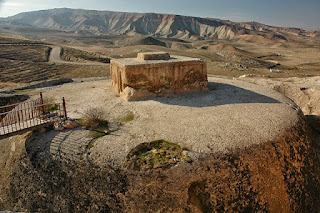Once you start to notice something, you notice it more and more, both in plant identification and in language learning.
Some say that this noticing is essential to language learning. It's the key. You can't really learn, or it's hard, if you aren't noticing – whether it's a new word, a recurrent phrase, a strange grammatical ending, or the way people greet each other.
There will be an organic, individual order in which you notice things. You'll focus on one thing now, another thing in a month. Different features of a language will stand out to you more than to another person. Teachers can draw attention to language or even try to elicit noticing. But, inevitably, they will try to teach you things you haven't even wondered about, haven't even encountered.
So, if noticing is essential to learn a language, how does one turn the noticing on? I propose it is natural, if you aren't under duress.
I actually consider attention a marker of well-being. Am I able to pay attention to things outside of myself? Be interested? Not in a vigilant way, of course, where all things are noticed as threats. Sometimes the honest answer is no. I'm too stressed, too anxious, too overwhelmed, too preoccupied with the latest worry. That said, I can often walk myself back into a state of "soft fascination", to use that term from psychology.
The rhythm of walking, the fresh air, the movement through time and space... I begin to see the floppy poppies, the dark-eyed pink rock roses, the blackberry blossoms to return to later. I notice the wind in the familiar, beloved eucalyptus. The season announces itself as chestnuts form from flowers. Walking helps restore my view of the world as a safe and interesting place (thank you, Artist's Way).
Those two poles – safe and interesting – do different things to and for my nervous system. The first offering, "What if there is nothing wrong?" Saying, "You can breathe, you can move, you can look around." The second saying, "Not only that, but there is stuff worth breathing for, walking for, looking around for. Behold the colours and textures."
I think the same world view is useful for learning a language. To be neither drowning nor bored. Try it out. Say: "Learning [French/Spanish/Etc.] is safe and interesting." From this position, you can stand comfortably, as if in front of an abundant garden, and begin to notice. What draws your eye first? What is familiar? What are you most interested in today? You don't need to learn and catalogue everything today, or ever. No one has.


